Donald Trump’s easy win exposes his big problem
It’s independents who decide the election, and early primaries suggest they won’t vote Republican with him on the ballot.
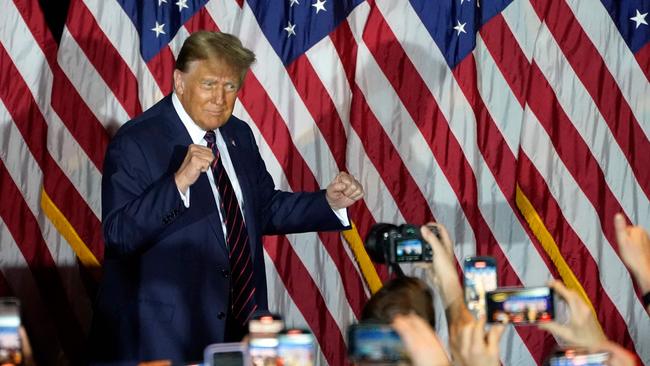
That was quick. One set of caucuses. One primary. Just two small states out of 50. Half a million votes down, another 60 million to go. But it’s over. The US primary election is finished before it really started, the quickest resolution to the parties’ nominating process on record: two incumbents, one an actual one, the other a de facto version, cruising to victory over no-hope pretenders.
The presidential election everyone expected and few craved is upon us before January is out: Trump v Biden, The Sequel. If you liked the first one, you’ll love the second. Nine and a Half Months. Get out the popcorn and the diazepam. The longest general election campaign in history promises also to be the nastiest and most volatile.
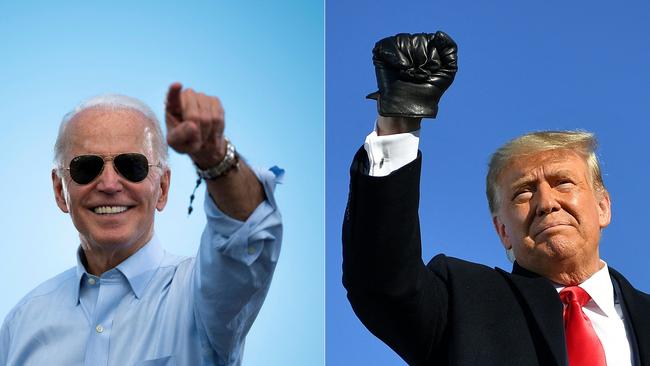
To be sure, Nikki Haley begs to differ. She hasn’t yet surrendered to the inevitable. Like the manager of a football team in one of the relegation spots, 15 points adrift of safety with five games to go, she insists there’s all to play for. In her concession speech after she lost to Trump by 11 percentage points in New Hampshire, the state she had placed her chips on, she vowed to carry on.
The next real contest is in her own state of South Carolina in a month. The question for her is whether she drops out of the race before then and avoids the risk of humiliation at home, or marches on regardless, mustering a small resistance force in the Republican Party all the way to the convention in the summer. Like one of those Japanese soldiers in the Philippines who eventually surrendered to tourists in the 1970s, her resolution might be admirable but her cause is surely lost. For the rest of us, attention turns to November.
The active primary season may have been only eight days long and involved less than half of 1 per cent of the US electorate, but it’s still possible to glean some clues about what happens next from the votes cast in Iowa and New Hampshire.
The most striking reality, on the Republican side at least, was the sharp divergence between the party’s committed and enthusiastic voters on the one hand, and its more moderate supporters and independent voters on the other.
Trump won in both states by once again energising the former. They were enough to give him a slight majority in each state overall. The latter – lukewarm Republicans and swing voters – rejected him.
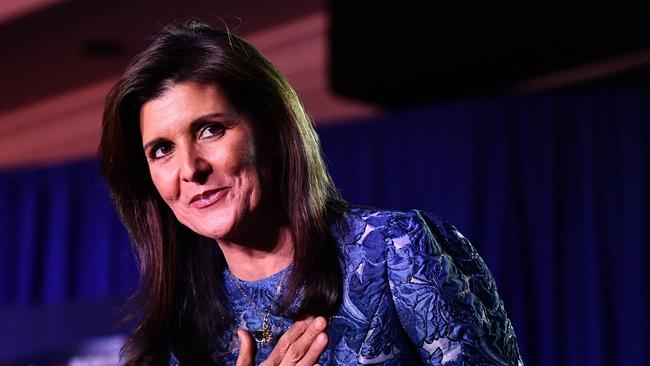
The divergence was most visible in New Hampshire, where voters who register as independent can participate in either party’s primary. According to exit polls, Trump won 74 per cent of registered Republicans to Haley’s 25 per cent. Among the independents who voted, Haley won 58 per cent to Trump’s 39 per cent. This difference is far greater than in the past. In 2016, the last competitive primary, Trump won 36 per cent of both Republicans and independents – in what was, to be fair, a wider field of candidates. But even allowing for that, this split is significant for the general election.
And more than a third of all those who voted in the primary said they wouldn’t vote for Trump in November if he is the nominee. One third of Iowa caucus-goers and a slightly higher proportion of New Hampshire voters said they wouldn’t vote for him if he’s convicted in any of the criminal trials he faces.
We should take this with a pinch of salt. Voters have a habit of coming home to their party in the end. What’s more, national opinion polling suggests Trump is faring fine with independent and less committed voters – enjoying a small lead, in fact, over Biden.
But these were real votes cast in real elections and this is an unprecedented number of Republican and non-aligned primary voters saying they won’t support the party’s nominee. In a highly polarised country, whether there are enough swing voters and fairweather supporters to make a difference is critical.
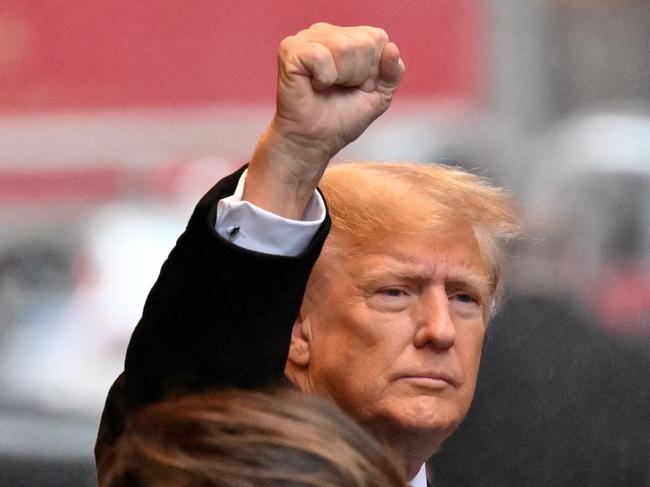
Officially registered independent voters are more than a third of the total electorate, but the majority of those are, in practice, routine voters for one party or the other. The actual number of genuinely undecided others may be not much more than 10 per cent. Even so, these primary numbers would be enough to deprive Trump of an election victory if they are repeated in November.
So for Trump, victory will depend on either hoping Democrats are so unenthused about their candidate that they don’t come out to vote – with Trump occupying prime position in their demonology, that seems unlikely – or generating huge turnout among committed Republicans.
“Trump’s theory of the case, which is different than virtually any politician I’ve ever seen, is first and foremost run to your base,” Doug Schoen, a veteran pollster, told me this week. “When in doubt go back to your base … politics has become more and more advocacy and mobilisation of your core constituency than it is building broad coalitions.”
But Trump is merely taking to an extreme what have long been the ground rules of American politics. George W. Bush was able to get enough Republicans to the polls in 2004 to eke out a re-election victory in the midst of an increasingly unpopular war in Iraq. Barack Obama mobilised Democrats to stave off defeat in his re-election bid in 2012, despite rising voter dissatisfaction with the state of the country.
The particular challenge for Trump, surely the most polarising politician in modern history, is that he motivates his opponent’s supporters to go to the polls as much as he motivates his own people. And in those circumstances the small but critical band of swing voters in the middle matters more than ever. The message of this short primary season for Trump is clear: at least for now, the persuadables are not persuaded.
The Times




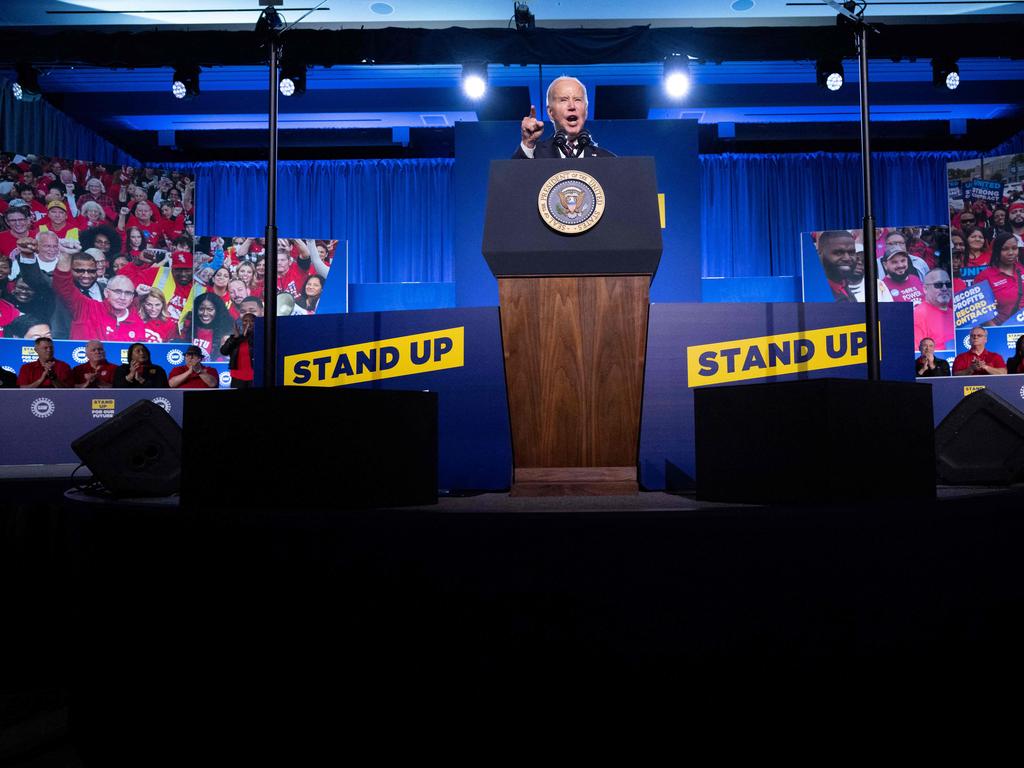



To join the conversation, please log in. Don't have an account? Register
Join the conversation, you are commenting as Logout